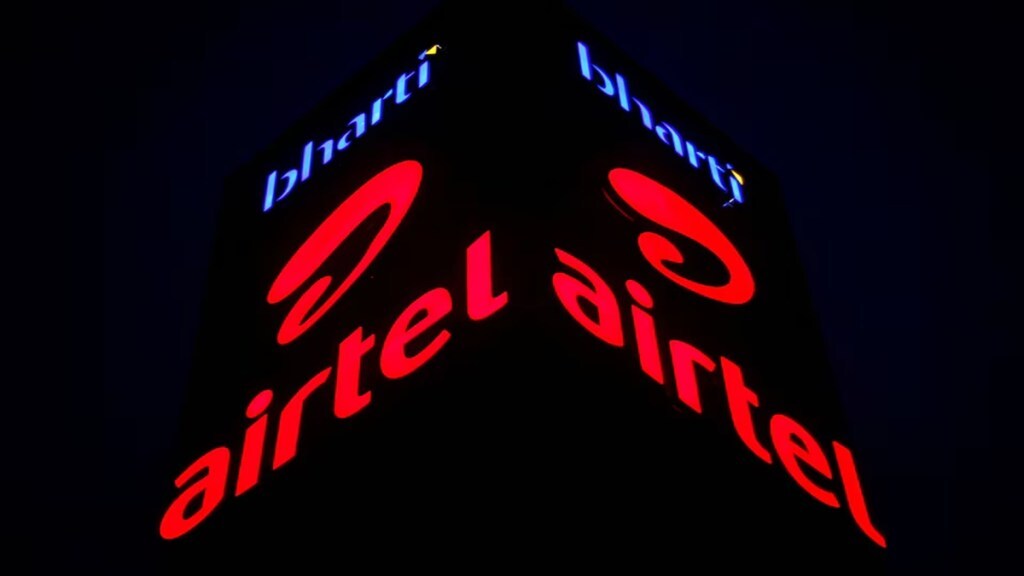Almost three years after it surprised the telecom industry by entering the 5G spectrum auctions, the Adani Group is exiting its only telecom spectrum holding by selling it to Bharti Airtel. In a deal announced on Tuesday, Bharti Airtel and its subsidiary Bharti Hexacom have entered into definitive agreements to acquire rights to use 400 MHz of spectrum in the 26 GHz band from Adani Enterprises-owned Adani Data Networks.
While neither company has disclosed the financial details of the transaction, industry sources estimate the value to be around Rs 155 crore. Under the department of telecommunications’ (DoT) spectrum trading rules, the acquiring company assumes the remaining government dues linked to the spectrum. Adani had bought the spectrum in the July 2022 auctions for Rs 212 crore, making an upfront payment of Rs 18.9 crore and agreeing to pay the balance over 20 years. Since then, it is estimated to have paid about Rs 55 crore, excluding penalties for not meeting rollout obligations.
Adani had initially acquired the spectrum with the stated intent of building private captive networks for its enterprise operations across ports, airports, logistics, and energy verticals. It had explicitly denied any plans to enter the consumer mobility space. The firm secured 100 MHz each in Gujarat and Mumbai and 50 MHz each in Andhra Pradesh, Rajasthan, Karnataka, and Tamil Nadu.
However, despite holding a unified telecom licence, Adani Data Networks has not managed to roll out any services, thus attracting penalty for not meeting the minimum rollout obligations. Under these guidelines, spectrum holders are required to commercially launch services in at least one area within each licensed circle within the first year. While these benchmarks are minimal, especially in non-metro circles, Adani Group failed to meet them, leading to levy of penalties.
Late last year, the company had indicated to the Telecom Regulatory Authority of India (Trai) that it was unable to find practical use cases for the limited spectrum it held and planned to request more time from the DoT to meet its rollout commitments. Analysts were surprised at the company’s inability to deploy even minimal services, such as enterprise broadband or localised 5G networks in airports or ports.
Despite no commercial rollout, Adani had continued paying its annual dues. But with the inability to either use or surrender the spectrum — DoT rules only allow surrender after 10 years – trading was the only viable exit. Telecom trading rules permit spectrum transfers between operators after two years of holding.
Airtel is expected to use the acquired spectrum for expanding its fixed wireless access (FWA) offerings, one of the few use cases which can be monetised in the 5G consumer market. Airtel, along with Reliance Jio, has been deploying FWA solutions in select cities.
The transaction will help Airtel strengthen its position in key markets, especially as operators look to tap into 5G-related enterprise and home broadband solutions. For Adani, the move marks a quiet exit from a much-watched foray into telecom, highlighting the complexities of finding commercial viability in a capital-intensive sector like 5G.


